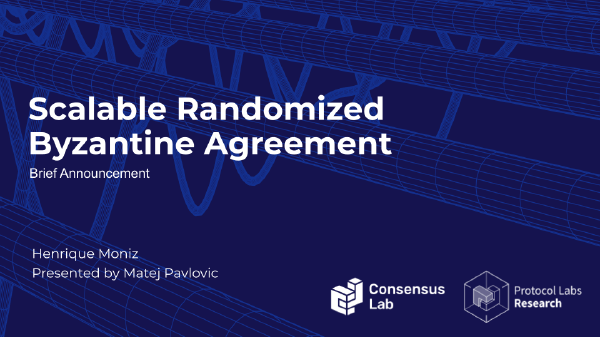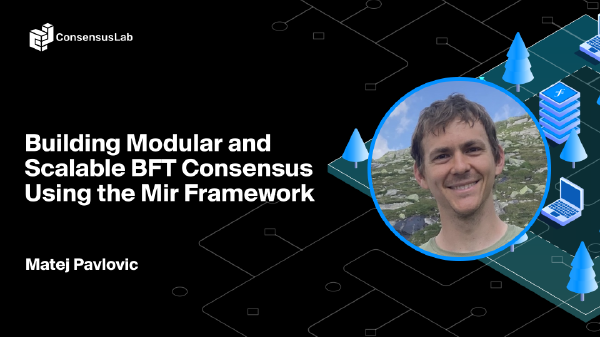Matej is a distributed systems researcher specializing in Byzantine fault-tolerant consensus protocols. He obtained a Master’s degree in computer engineering at the Vienna University of Technology in 2013 and a PhD in distributed systems in 2019, supervised by Prof. Rachid Guerraoui. Before joining Protocol Labs in February 2022, he worked on permissioned blockchain solutions at IBM Research Europe - Zurich.



